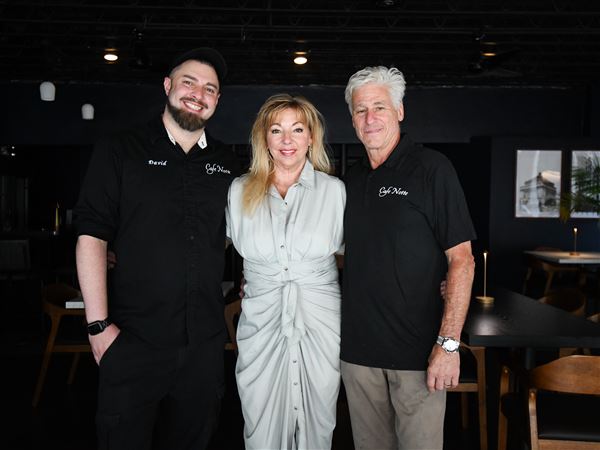Education is everything. It is the fuel that drives the future citizens of the world. It prepares them to make responsible decisions that will contribute to the well-being of society. Education’s first purpose was to help children become better citizens. However, our recent definition of education has changed drastically.
Receiving an education has become more of a system of numbers than an experience for my generation.
My generation is the generation of technology. With this great power comes responsibility. The development of technology led to the ultimate demise of my generation’s education. Numbers.
With the new implementation of Home Access, a system that allows us to view all of our classes’ gradebooks at Pine-Richland High School, we now are able to see exactly what our teachers do. This is something our parents were unfortunately, or possibly fortunately, never given. We can view our grades at any time through our phones, and if we find something wrong in the gradebook we can immediately confront our teachers. This system is convenient, but it has caused my generation to develop an unhealthy obsession over grades instead of learning in my opinion.
The harsh reality is that we really aren’t learning as much as we could be. We study because we have tests, and the day after the test we forget all of the information we studied. We cram our studying into a few days before a test because we take on so many responsibilities that we have no choice. I’m sure each of us would love to have the luxury of studying for a test a week before, but a week before we have a different test, and we are inevitably busy. Why? For some reason our mindsets have drastically drifted from that of our parents.
When did education become about test scores instead of actually understanding material?
We learn material in preparation for a test, not to really understand it. Take AP classes, for example. At my high school, AP classes are designed to prepare you to receive the highest possible score on the AP test. Instead of analyzing material in depth, we practice exercises that emulate the AP test. We do this to help prepare us not to understand the material but to use it to our advantage. These AP tests give us the opportunity to earn college credit, if we score high enough.
Your intelligence shouldn’t be measured by the percentage of information you’re able to memorize from the night before or the week before. I think most students can relate to watching hours of online videos as a result of not fully understanding the concepts in class. Of course, this also is a result of our great reliance on technology. These videos are at our fingertips, so why not use them?
Additionally, students are being taught to strive for the highest grades rather than the best experience. We have an immeasurable amount of pressure to make it into a reputable college and doing so requires high grades.
Pine-Richland junior Carolina Celedon said, “The school system that is currently in place has taught me to memorize information for one quiz just to forget it by the next week. It has taught me to do the bare minimum to get full points. It has taught me to get around answering analytical questions. This preparation is what I am expected to take with me to college and later on a profession in an economy that only has enough jobs to hire “top students” that have developed the same attitude towards learning as me.”
Celedon’s insight toward the future of our generation shot straight through the bull’s eye. The entire system of education is polluted with the fatal mindset we all possess: Grades are all that matter.
Through experience I have learned that students are desperate to get the A and will do whatever it takes — even if that means cheating.
What does this mean? It means we are being taught to be exactly the opposite of good citizens. We are being taught to lie for our own personal gain.
As much as it seems as if our generation is doomed, we don’t have to be.
Changing our perspective of education requires nothing more than caring about who we become instead of who we are perceived to be. In the end, the numbers aren’t going to be what pushes us through life. Our identities will.
Emily Mitchum is a sophomore at Pine-Richland High School. This essay was written during this fall’s Allegheny Intermediate Unit gifted and talented journalistic writing and reporting apprenticeship taught by professor Helen Fallon at Point Park University.
First Published: January 1, 2016, 5:00 a.m.













